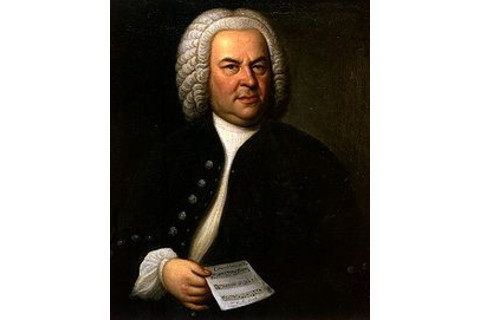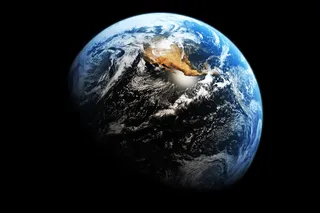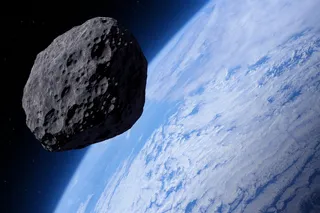Fascinating paper, Evolution of music by public choice, in PNAS.* The paper is open access, but ScienceNow has a serviceable summary. One somewhat obvious implication from this sort of research, which utilizes human preference to shape a cultural form, is that the topography of human artistic expression is non-arbitrary. In other words, aesthetics is not just historically contingent fiction, but draws upon a deep well of our sense of beauty and pleasure, whether for adaptive or non-adaptive reasons (i.e., culture as byproduct, later subject to functional selection). But I'm struck by the last section:
The DarwinTunes system can, similarly, be extended to accommodate these additional selective forces by allowing individual consumers to select among variants (i.e., compose) before releasing them into the population or by allowing consumers to see each other’s preferences. The relative importance of selection at these different levels—producer, consumer, and consumer-group—in shaping the evolution of the world’s music is unknown and may vary among societies. Western societies have long had specialist guilds of composers and performers; however, in other cultures, participation is more widespread [e.g., early 20th century Andaman Islanders]. The ability to download, manipulate, and distribute music via social-networking sites has democratized the production of music and may change the balance of these forces again. In partitioning these selective forces, our analysis points the way to the future evolutionary dynamics of digital culture
One of my pet theses is that in many ways modern society is actually a throwback to a more primal condition of human action and interaction. That the thousands of years of agricultural civilization were characterized by cultural kludges which exerted constraint, restraint, and channeled our evolved urges and impulses in a manner which allowed for social stability. With the society of economic surplus individual preference now looms far larger than it did in the near past, and resembles perhaps reconstructs the state of affairs of the far past, though for different reasons. Ancient hunter-gatherers were not adherents of Jeremy Bentham or John Stuart Mill. Rather, in small bands the weight of any given individual opinion naturally would be far larger than in the villages which followed.

Perhaps the baroque and highly textured music of the early modern period was the last great florescence of hierarchical societies which reigned supreme in the great interregnum between Paleolithic antiquity and post-industrial modernity? A world of nearly free music and amateur dispersed production may return to the roots of our species, from the vaulted arches of aristocrats back down the earthier tastes of the commons. Those more culturally aware could comment on the possible democratization of music even before digital technology, as mass consumer culture swept aside classical forms of artistic production and consumption. Citation: Robert M. MacCallum, Matthias Mauch, Austin Burt, and Armand M. Leroi, Evolution of music by public choice, PNAS 2012, doi:10.1073/pnas.1203182109 * Disclosure: long-time readers will be aware that Armand Leroi, one of the authors listed, is a friendly acquaintance of mine.













